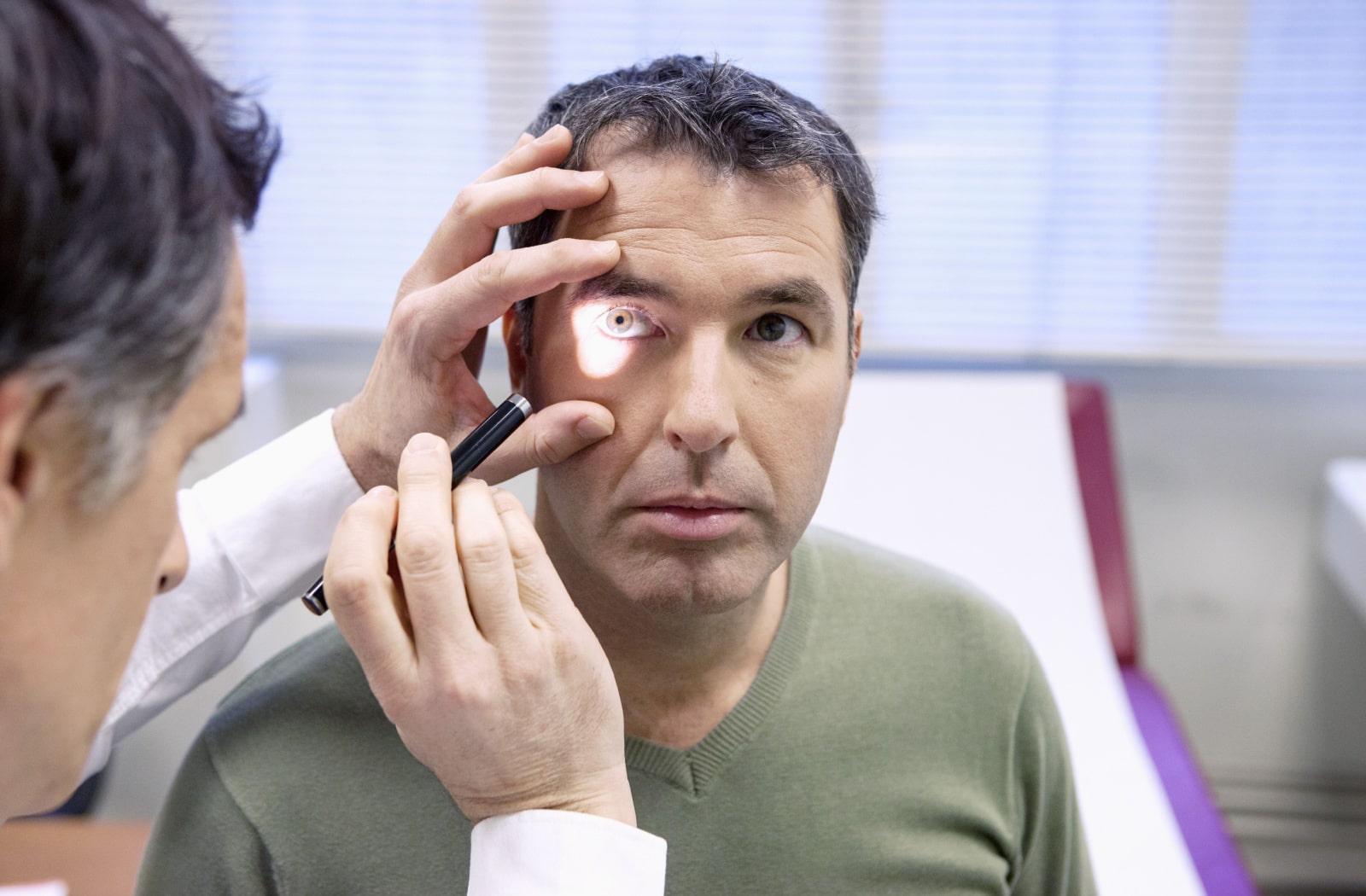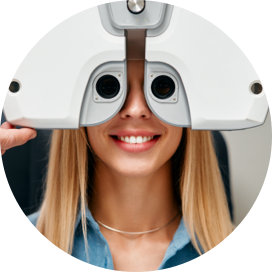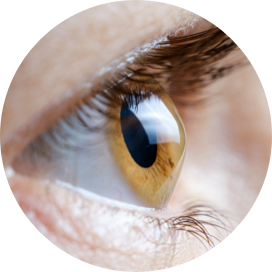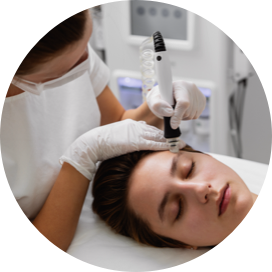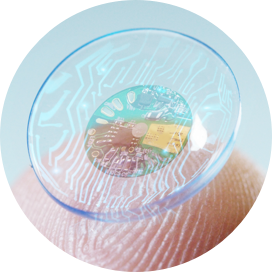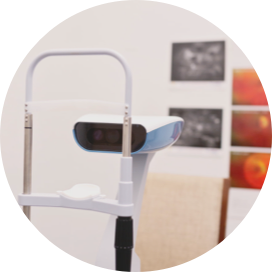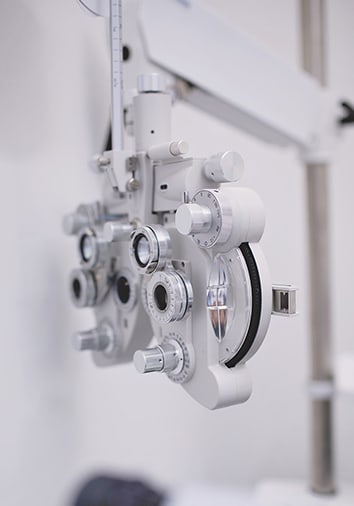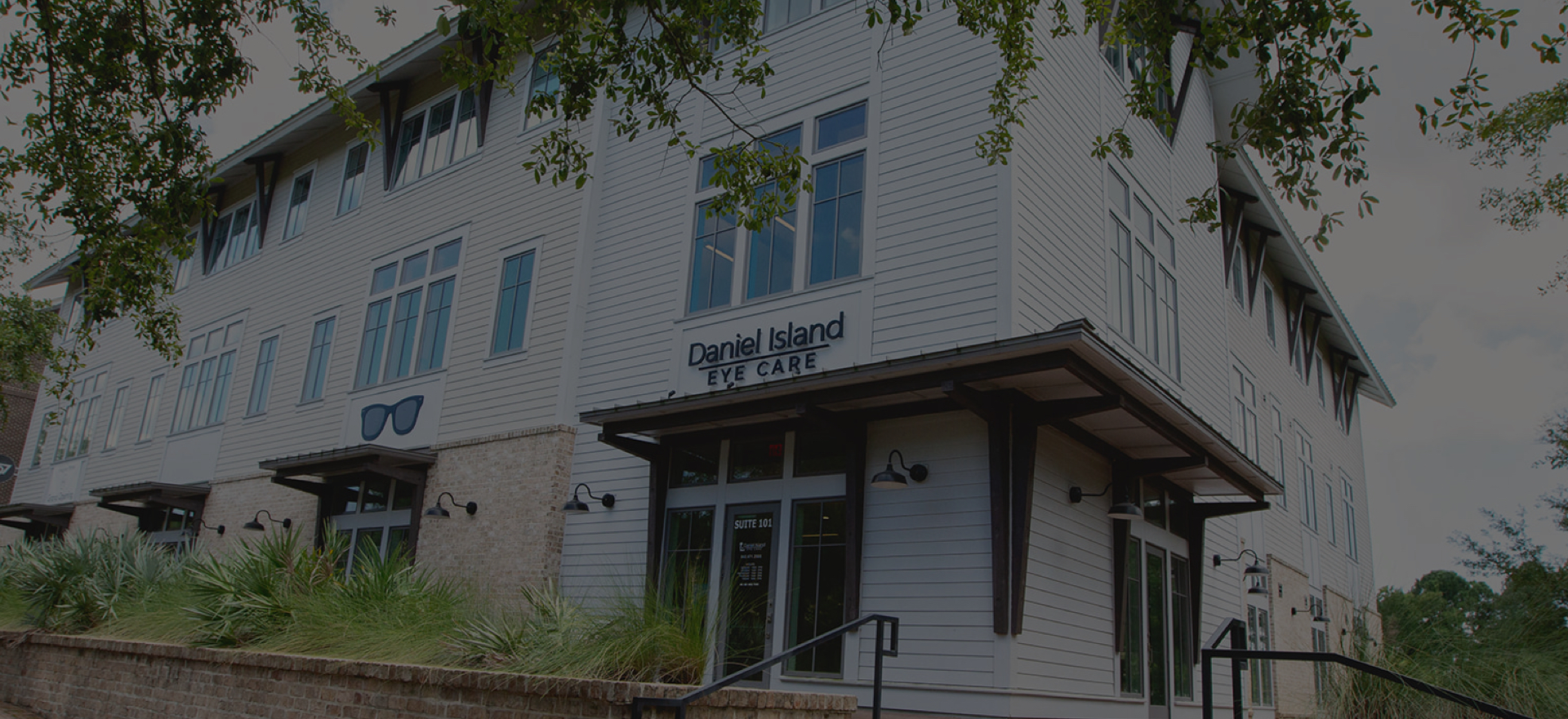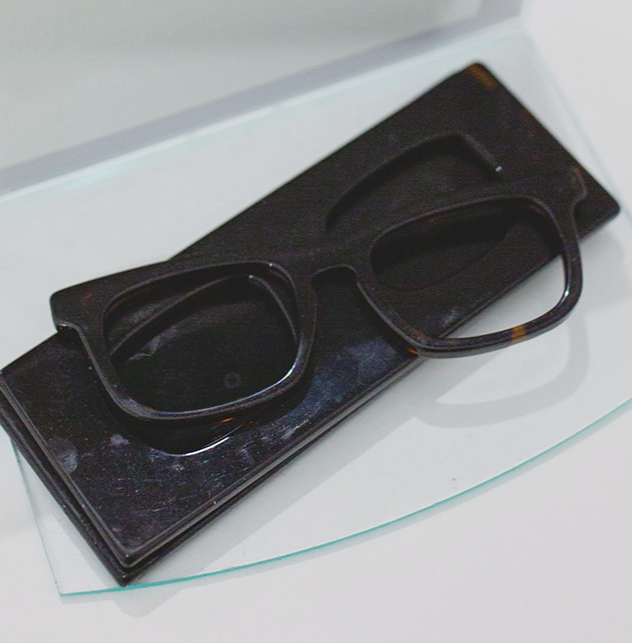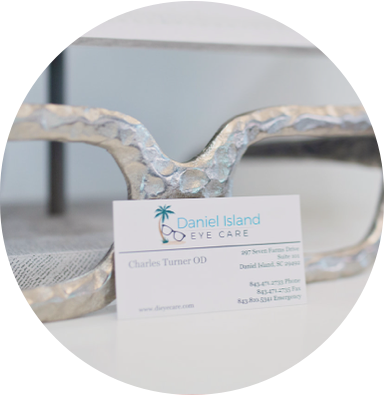An eye exam can do more than help figure out if you need glasses. The eye can be a window into your overall health, and an optometrist has just the tools to peer through.
With the benefit of advanced diagnostic techniques, your optometrist can detect signs of diseases such as glaucoma, diabetes, and macular degeneration.
Whether for you or your family, diagnosing these conditions early is one of the best ways to create positive outcomes through individualized treatment plans. So don’t underestimate the power of a comprehensive eye exam.
What Happens During an Eye Exam?
If you’re preparing for your first comprehensive eye exam, you may wonder what to expect. While the tests you receive can depend on your overall eye health, there are some standard ones.
Some of the tests included in an eye exam are:
- Visual Acuity Test: A measurement of how well you can see letters or numbers on a chart from a distance.
- Refraction Test: A test of how light travels through your eye to determine your prescription for glasses or contact lenses.
- Eye Movement Test: An evaluation of eye coordination and the strength of your eye muscles.
- Visual Field Test: A measurement of your peripheral vision that can detect blind spots and other visual field abnormalities.
- Retinal Exam: An evaluation of retina health, which is the layer of cells at the back of your eyes that senses light and sends signals to your brain.
- Eye Pressure Test: Using a puff of air or a gentle probe, your optometrist can measure the pressure inside your eye, which may help detect glaucoma.
Regular checkups allow your optometrist to track areas of concern and see how your vision is changing. In addition, some eye conditions are genetic, so we can customize the tests presented for you and your family by asking about your medical history.
The entire test can take 30–60 minutes, depending on how much testing is required.
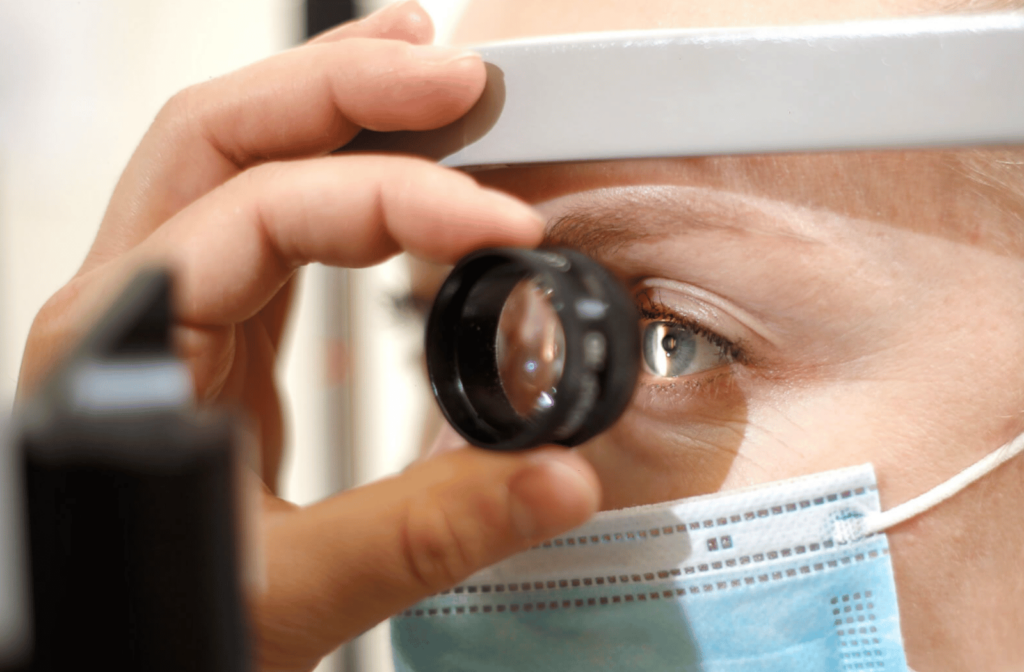
Uncovering Early Signs of Eye Diseases & Conditions
It’s truly astounding how much your eyes can tell you about your health. They’re full of the same blood vessels, nerves, and soft tissue that exist throughout the rest of the body—but with a convenient window to their current condition. Using high-tech tools, such as a slit lamp, we can peer through your eyes and into your current health.
Some eye diseases an eye exam can detect might come as expected, but you might be surprised by what your optometrist can uncover!
Glaucoma
Glaucoma is a group of eye diseases that can cause vision loss and blindness. It’s sometimes called the “silent thief of sight” because it has few early warning signs, and they can show up so subtly that you may miss them. Because of this, it’s the second leading cause of blindness worldwide.
The most common form of glaucoma, open-angle glaucoma, is caused by increased eye pressure damaging your optic nerve. However, your optometrist can perform an intraocular pressure (IOP) test, also called a tonometry test, to detect it. For other forms of glaucoma, we can also check your optic nerve during a retinal exam and evaluate your peripheral vision.
Age-Related Macular Degeneration
Age-related macular degeneration (AMD) is a common condition that affects central vision. As the name would suggest, it’s caused by aging and can happen very slowly (dry AMD) or with a rapid decline (wet AMD). AMD occurs in 3 stages, and while it’s not reversible, We may be able to slow it with the use of supplements.
Your optometrist can detect AMD by examining the macula itself, which is the central part of the retina.
Cataracts
Cataracts are a natural, but nevertheless frustrating, clouding in your eye’s lens. More than half of Americans over the age of 80 have, or have had, cataracts.
While you may notice blurry, faded, or cloudy vision, your optometrist can examine the lens directly and look for signs that it’s clouding. Early treatment typically involves new corrective lenses. But, if cataracts get in the way of daily activities, lens replacement surgery is an option.
Blepharitis
Blepharitis is a skin condition that causes inflammation of your eyelids. When the bacteria on your eyelids builds up, your eyes can become irritated and swollen, and it could affect your vision. This inflammation could also block your tear glands, resulting in dry eye disease.
Dry Eye Disease
Your eyes need to stay moisturized to be in their best shape. But, unfortunately, sometimes things can go wrong, and our tears can dry up, or we could produce less of them. This is dry eye disease, a condition that nearly 20 million Americans live with every day.
Diabetes
Your retina is lined with many tiny blood vessels your optometrist can see during a retinal exam. If these blood vessels swell or leak, it could be a sign of diabetic retinopathy, an eye disease caused by diabetes. Sometimes, this can be the first sign of the condition.
In fact, diabetes can increase your risk of many serious eye conditions, which is why your eye doctor often has specialized exams for people with diabetes.
Other General Health Diseases
Other diseases an eye exam could detect include:
- Heart disease
- High blood pressure
- High cholesterol
- Rheumatoid arthritis
- Some STDs
- Thyroid disease
- Vitamin A deficiency
Eye Health for the Whole Body
Eye exams are about more than vision. That’s why Daniel Island Eye Care is proud to protect our community’s eye health with comprehensive eye exams that look beyond simply your prescription.
Don’t let your eye health go unexamined, book an appointment with us today! We’re here on Daniel Island, between Charleston & Mount Pleasant, South Carolina.

